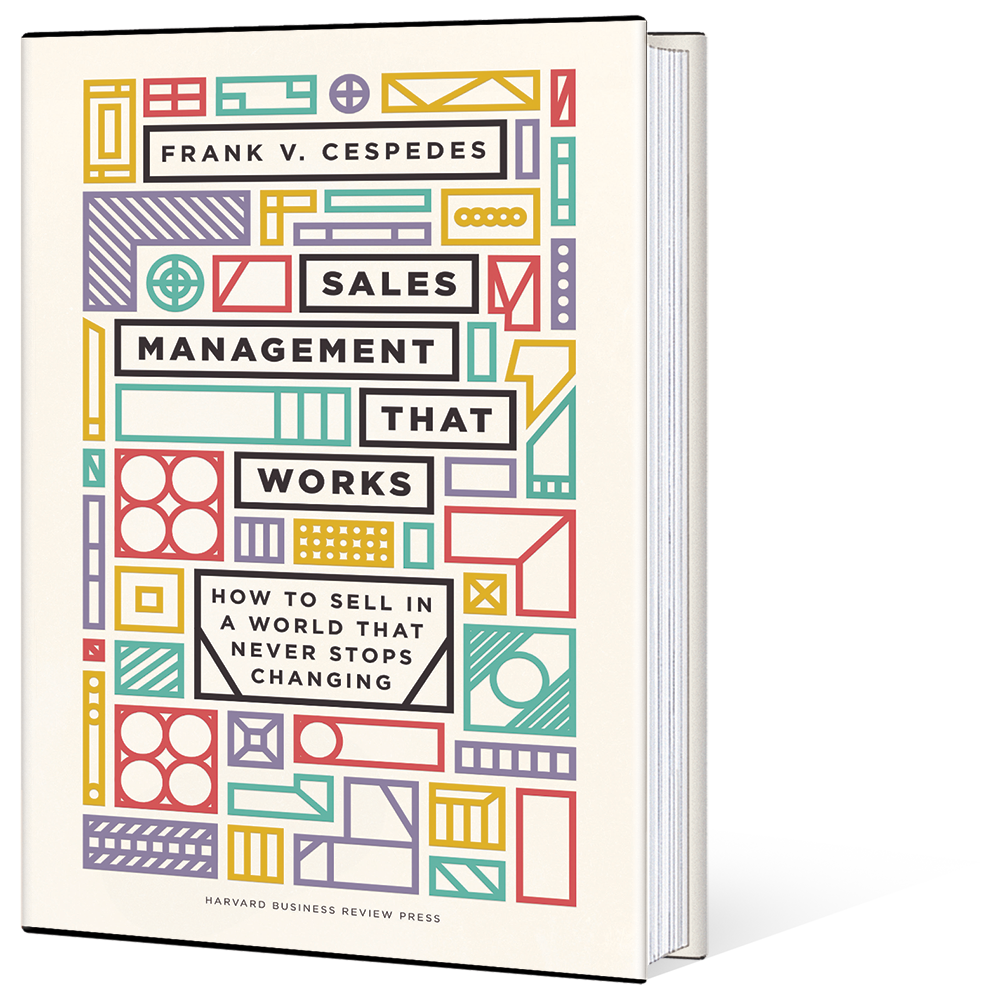Let’s consider some common assertions with respect to sales compensation that in my experience, are often false.
The fear is that “complex” plans can cause salespeople to spend too much time calculating payoffs instead of selling and taking care of customers. Conventional wisdom is that “a good compensation plan is simple and predictable … A well-designed plan fits on a card small enough to be carried around in the salesperson’s wallet.” Maybe not. Many sales situations involve complex bundles of activities: group sales efforts, product plus service offerings, multibusiness participation on solutions sales, and so on. You can pretend the complexity isn’t there, but it is.
Behind the simplicity assertion is an implicit view of salespeople: they may not be bright enough to understand a comp plan that’s bigger than a business card. But this claim is contradicted (often by the same person making the assertion) by fears that a complex plan will drive gaming behavior by salespeople who maximize income with minimal effort. Will reps game the system, any system: complex or simple? Yes. But then the issue is crafting a win-win plan, not fear of taxing their brains. In a strategically effective plan, the company wins when the salesperson wins a bonus. Consider sales comp plans at firms like IBM, Oracle, and others that have strategies with complex sales tasks. The plans are many pages long, with multiple permutations and complex payout schemes. That complexity reflects selling realities. I have yet to meet the sales force that, in the aggregate, does not understand within a week the implications for (in the phrase used at IBM) “hitting big casino” and maximizing income. Available data across firms indicates no difference in the percentage of reps who meet and beat quota under more or less complex comp plans. As one CEO says, “Salespeople become experts in their sales plan, regardless of its simplicity or complexity, and you can count on unintended consequences.” Why? If a policy determines how you will eat, you will study it in detail. As for predictability: it’s the market that ultimately determines predictability or volatility, not your comp plan.


